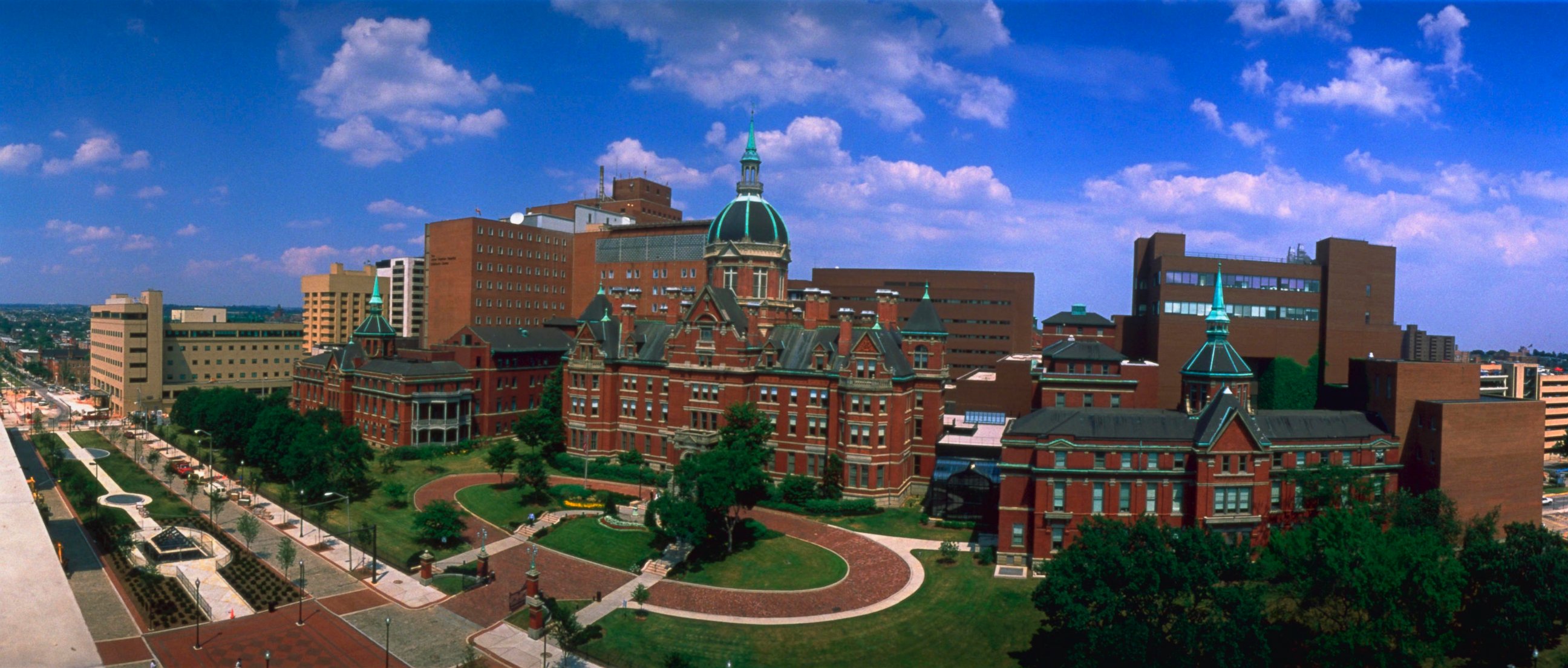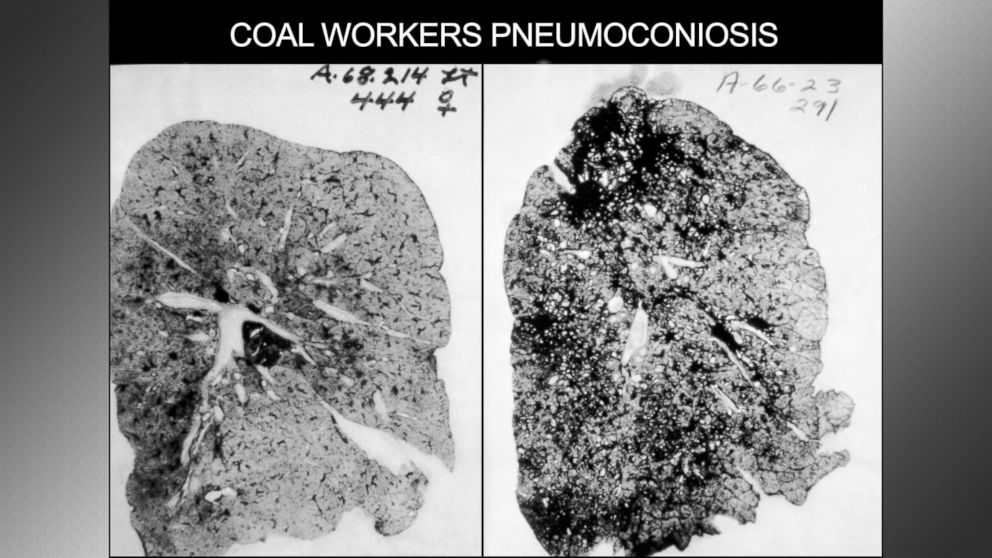Amid Controversy, Johns Hopkins Quietly Drops Black Lung Program
ABC News investigated suspect black lung readings benefiting big coal.
— -- The Johns Hopkins University School of Medicine revealed today that it has quietly but permanently shut down its controversial black lung unit and is no longer employing the unit's head doctor, two years after an ABC News investigation into allegations the hospital’s readings for black lung favored coal companies over ailing miners.
Johns Hopkins first suspended its black lung unit and announced an internal review in 2013, two days after the broadcast of a joint investigation by ABC News and the Center for Public Integrity that found that the doctors at the renowned hospital who had for years read X-rays on behalf of coal companies virtually never found miners to have serious black lung disease -- assessments that helped prevent miners from obtaining much-needed financial support.
At the center of the report was the work performed by Dr. Paul Wheeler, who headed the black lung unit. Wheeler found not a single case of severe black lung in the more than 1,500 cases decided since 2000 in which he offered an opinion, a review by ABC News and the Center for Public Integrity found. In court testimony, Wheeler said the last time he recalled finding a case of severe black lung, a finding that would automatically qualify a miner for benefits under a special federal program, was in "the 1970's or the early 80's."
DIGITAL FEATURE: Out of Breath
FULL COVERAGE: Black Lung Investigation
For Some Miners, Black Lung Proof Comes Only in Death
Johns Hopkins shuttered the black lung unit without releasing the results of their internal review -- results that Sen. Casey, D-P.A., has demanded be made public.
"There are still many unanswered questions about the black lung reading program under Dr. Wheeler," Casey said in a statement to ABC News today. "Many of my constituents and their families have suffered due to wrongful denials of black lung benefits. I would like to repeat my call for Johns Hopkins to release the findings of its internal review into its black lung reading program."
In his interview with ABC News for the original report, Wheeler stood by his record. "I've always staked out the high ground," he said.
Wheeler said that he could not conclude the coal miners had black lung without first seeing a biopsy -- a step not required by the government program that provides financial support to coal miners who have fallen ill with the deadly disease. He said other maladies were as likely, or more likely, to cause lung damage that could be mistaken as black lung.
"That's my opinion, and I have a perfect right to my opinion," he said.

For his work, coal companies paid Hopkins $750 for each X-ray he reads for black lung, about 10 times the amount miners typically pay their doctors.
One leading expert in black lung, Dr. Jack Parker of West Virginia University, called Wheeler's X-ray readings "intellectually dishonest."
Johns Hopkins told the Center for Public Integrity and ABC News today that Wheeler had retired and that the unit he oversaw would not be restarted.
The acknowledgement of the end of the program comes as Casey and other Democrat lawmakers in Pennsylvania and Virginia renewed their push for legislation to reform the federal black lung benefits program.

The reform legislation, known as the Black Lung Benefits Act of 2015, will “strengthen” the black lung program by allowing miners or their survivors to reopen cases “if they had been denied because of medical interpretations that have subsequently been discredited” and “helping miners review and rebut potentially biased or inaccurate medical evidence developed by coal companies,” among other things, according to the lawmakers.
“We can’t stop working at this issue until we achieve a basic measure of justice or those miners who suffer from black lung disease,” Rep. Bobby Scott, D-V.A., said in a press release. “We know the black lung claims process is badly broken and in need of reform to target unethical legal and medical practices and to give miners a fair shot at justice.”




